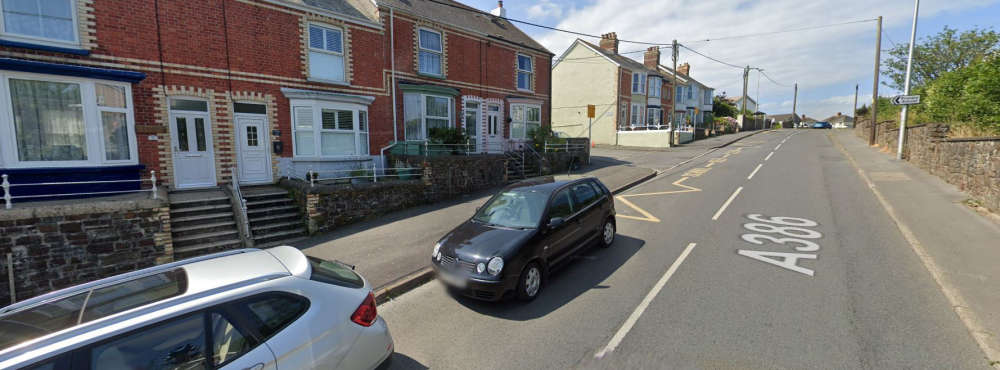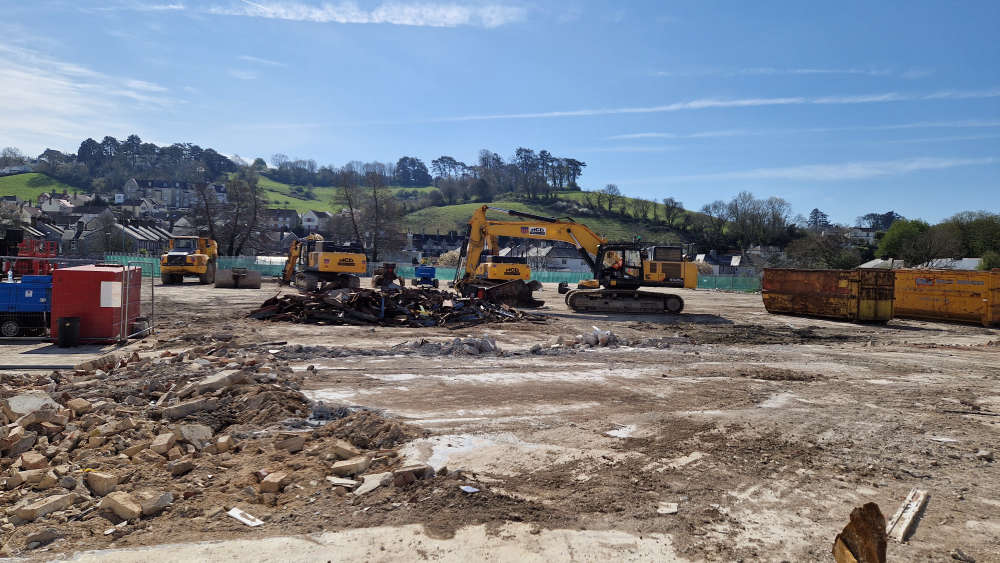
£120,000 could be better used to benefit all, say opponents
More than £120,000 is to be spent on installing a zebra crossing near a Devon school, despite concerns over its location and value for money.
Appledore Primary School had been campaigning for a crossing on the busy A386 for many years since funding was removed for the ‘lollipop lady’ or school crossing patrol. They said children’s safety had been “compromised considerably.”
But opinion was divided on the proposal funded by the Active Travel Fund and a contribution from Baker Estates from its Wooda Road development, with slightly more people against the scheme in a public consultation by Devon County Council.
A petition from the nearby Anchor Park Community of 185 signatures in opposition said the £120,000 budget should be spent on encourage walking and cycling which would benefit everybody in the village.
It felt that crossings were needed more along Churchill Way which would fit the brief of the Active Travel Fund and encourage people to walk to the village from further afield.
There was also concern that most children attending the school lived outside Appledore and the loss of parking would push problems into nearby roads.
County council officers explored whether the crossing could be moved higher or lower along the A386 but concluded that the proposed location resulted in the minimum number of car parking spaces (five) needing to be removed.
Members of the Torridge highways and traffic orders committee unanimously supported the plan.
The county council said a new bus shelter would also be installed, and the footpath widened.
It said the proposal would help towards national targets of having 50 per cent of short urban trips walked, wheeled or cycled by 2030; and 55 per cent of primary school-aged children walking to school by 2025. Eighty-one pupils live within half a mile of the school and 54 within a mile and a quarter, which equates to 64 per cent of children within walking or cycling distance of the school.
“The proposal aligns with government objectives, including supporting local growth and levelling up, tackling public health issues and the decarbonisation of transport,” the council said.
The funding could not be used for any alternative schemes and, if unused, had to be returned to the government and Baker Estates.
 SWW to build huge new Churston solar farm
SWW to build huge new Churston solar farm
 MP highlights Devon's dentistry 'crisis'
MP highlights Devon's dentistry 'crisis'
 Work on ‘once-in-a-generation’ Newton Abbot project back on track
Work on ‘once-in-a-generation’ Newton Abbot project back on track
 Complaints made after animal activity licence backlog
Complaints made after animal activity licence backlog
 City draw at home
City draw at home
 Cars damaged in bid to buy cheaper
Cars damaged in bid to buy cheaper
